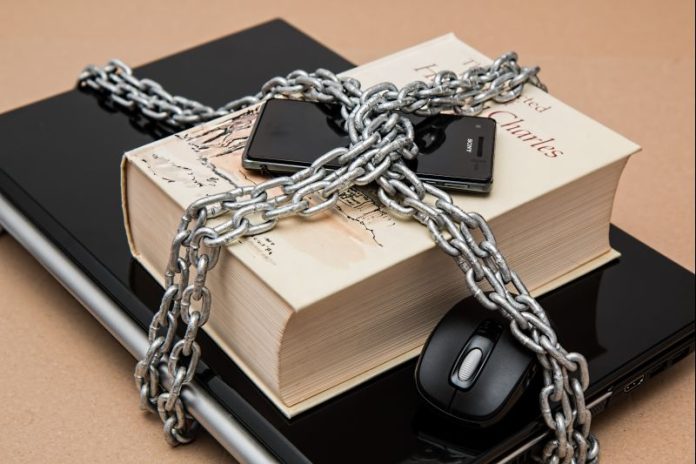
Everyone knows that starting a small business is risky. But for many people, the risks are not as much financial as personal. By betting on yourself and your ideas, you’re putting your reputation and perhaps your future career on the line. With no small measure of risk, you’ll be undertaking responsibilities like hiring employees, renting office space, and providing benefits.
Do you have enough safety nets in place to protect your personal assets? Read on to learn more about 6 overlooked safety nets for small businesses.
Computer And Electronic Data Backup
As a small business owner, computer and electronic data backup are your number one safety net. It protects you from loss not only in terms of money and productivity, but it protects your reputation as well. A data backup system is essential for all businesses but is doubly important for a small business owner. If you have data on your computer or servers that are not backed up, and then you lose the computer due to a disaster like a fire, you may lose your ability to do business. No matter how careful you are with your computer and servers, you can never be certain that you won’t experience data loss. That’s why computer and electronic data backup is so crucial. Check out curveball for excellent business IT services.
Insurance For Employees
Insurance for employees is your second safety net. That’s right, even though you may be offering a benefits package, you might have overlooked the most important coverage – workers’ compensation insurance. If you hire employees, you must have workers’ compensation insurance. This type of insurance covers medical bills and lost wages for employees who are injured on the job. Hiring employees is a big step toward a successful business, but you must ensure you have the necessary insurance coverage.
Disaster Recovery Plan
A disaster recovery plan is not only your number three safety net, but it’s also a good reminder that every business needs a disaster plan. Whether in an office building, a home office, or a co-working space, you’re at risk of a natural disaster. A disaster recovery plan is a document that spells out what to do during a disaster. It details which disasters are the most likely to occur in your area, along with a corresponding strategy. It doesn’t have to be very long, but it should cover computer and data backup and insurance information. It’s a good idea to keep a printed copy of the disaster recovery plan in your office and another printed copy in a fireproof safe.
Employment-Based Disability Insurance
If you hire employees, disability insurance is your fourth safety net. You may be familiar with health and life insurance, but did you know that disability insurance can be just as important? Disability insurance is a type of insurance designed to provide a source of income if the policyholder cannot work due to an injury or illness. Disability insurance is sometimes included in employment benefits, but more often, it’s an extra expense for small business owners. Your income is an important safety net, but it’s even more important to have another safety net in place to protect your ability to make money.
Diversification Of Assets
Your assets are your fifth safety net. There are different facets to protecting your small business. And you can use the things you own as security. Assets are anything you own that has intrinsic value. It can be anything from real estate to your computer to the car you drive to work. Diversifying your assets takes a lot of the risk out of starting a small business. If you have a 401K or another retirement plan, that asset protects you from the risk of a business failure. If you borrow money to start a small business, that’s also an asset that protects you from the risk of a business failure. If you own property, it’s an asset that protects you from the risk of a business failure. And, if your small business fails, assets can be used to pay off debt.
Personal Liability Insurance
And finally, personal liability insurance is your sixth safety net. This type of insurance protects you from financial loss if someone sues you due to your actions – or inactions. Personal liability insurance is vital for small business owners. If you are sued because of something that happens during your work, this insurance kicks in to protect you from financial loss. Even if you don’t think anyone will sue you, having personal liability insurance is still a good idea. Don’t think of it as an expense; think of it as an investment in your future.
















